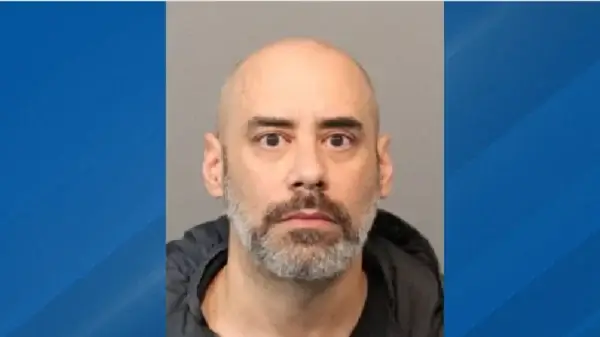A former federal felon, released early under a sweeping mercy initiative, is now accused of participating in an armed shooting in Omaha’s Old Market district—casting fresh doubts on whether mass clemency measures strike the right balance between second chances and safeguarding communities.
Early Release Under Spotlight
Federal prosecutors say 31-year-old Khyre Holbert—who had served roughly seven years of a 20-year sentence for gun and narcotics offenses—was arrested following an October 4 incident in Omaha.Authorities allege he discarded a loaded handgun fitted with a high-capacity magazine during the incident, a weapon later linked to several other violent crimes across Nebraska.
Holbert’s sentence had been commuted in January 2025, despite objections from the U.S. Attorney’s Office, which flagged his gang ties and prior weapons convictions.
Wider Concerns Over Mass Clemency
This case comes after the Department of Justice’s pardon attorney reported that approximately 2,490 inmates—predominantly those convicted on drug and gun charges—were released under the initiative. Critics say cases like Holbert’s show the risk of releasing individuals whose prior records suggest a substantial probability of recidivism.
One criminal-justice adviser remarked that federal prison sentences already signify serious offenses, and letting individuals out early “means he’s going to go out and commit more crimes.”The concern, supporters acknowledge, is that the clemency process may have been driven by political motives rather than strict assessments of public-safety risks.
What’s at Stake for Public Trust and Policy
Law-enforcement representatives in Omaha voiced alarm, noting the decision to free someone with deep criminal ties as “no stranger to the law.” The implication is significant: if clemency is perceived as being granted without rigorous review, public trust in the criminal-justice system could erode.
Going forward, the debate hinges on how to calibrate mercy with accountability—ensuring genuine injustices are addressed while minimizing risk to communities. Some suggest this case may trigger tighter standards or a reevaluation of how discretion is exercised in mass release schemes.





























